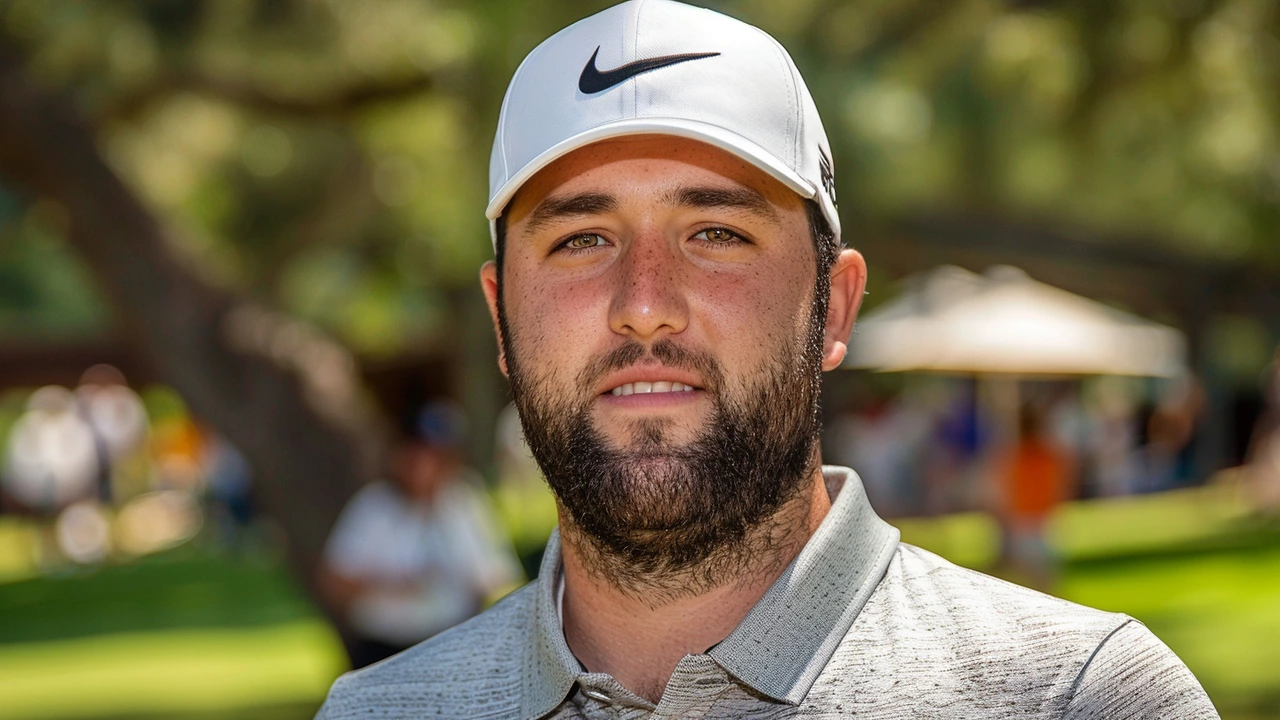Louisville Police: What They Do and How They Help You Stay Safe
If you live in Louisville or just pass through, you’ll see the police on the streets, at events, and online. They're not just there to hand out tickets – they work to keep neighborhoods calm, respond to emergencies, and build trust with residents. Understanding what they handle day‑to‑day makes it easier to know when to call for help and how to stay safe.
Everyday Duties You Might Not Notice
Most people think of police as the officers who pull over speeders, but their routine is wider. Patrol units drive through residential areas, check on vulnerable seniors, and patrol business districts to deter theft. They also handle traffic accidents, manage crowd control at concerts, and investigate minor crimes like vandalism. When a call comes in about a broken window or a noisy party, an officer will usually be the first on the scene, assessing the situation and deciding the next steps.
Behind the scenes, detectives work on larger cases such as burglary rings, drug offenses, and violent crimes. They collect evidence, interview witnesses, and coordinate with other agencies. The police department also runs a crime‑analysis team that looks at patterns, helping them place officers where they’re most needed. This data‑driven approach means you’re less likely to walk into a high‑crime hotspot without a reason.
Community Programs That Build Trust
The Louisville Police Department runs several outreach programs aimed at connecting with the community. One popular effort is the Neighborhood Watch partnership, where officers meet local volunteers to share safety tips and report suspicious activity. Another is the Police Athletic League, which offers youth sports and mentorship, giving kids a positive role model and a place to stay active.
For seniors, the department hosts a Senior Safety series, teaching how to avoid scams and stay safe at home. They also run a Ride‑Along program, letting residents experience a shift inside a patrol car. These events break down barriers, showing that police are part of the community, not separate from it.
If you ever need to talk to an officer outside an emergency, the non‑emergency line (311) is the best way. It’s free, works for anything from noise complaints to reporting a lost pet. The department also uses social media to post alerts, traffic updates, and community news, making it easy to stay informed without waiting for a news broadcast.
When you’re out at night, a few simple habits can help you stay safe. Stick to well‑lit streets, let friends know where you’re headed, and keep your phone charged. If you see something that doesn’t look right, trust your gut and call 911. The police encourage citizens to act as the eyes and ears of the city; a quick tip can stop a crime before it escalates.
In emergencies, remember the three‑step rule: stay calm, call 911, and give clear details. Officers rely on accurate information to respond fast, so mention your exact location, the nature of the emergency, and any injuries. Even if you’re unsure, dialing 911 is better than waiting.
Overall, the Louisville Police aim to make the city a safer place for everyone. By patrolling streets, solving crimes, and running community programs, they create a network of safety that relies on both officers and residents. Knowing what they do and how to work with them helps you stay protected and builds a stronger, friendlier Louisville.
Louisville Police Release Scottie Scheffler's Arrest Footage, Disciplinary Actions Taken
The Louisville police have released videos of the arrest of golfer Scottie Scheffler, who faces charges of felony second-degree assault on a police officer. Videos from a traffic pole camera and a police dashcam capture parts of the incident. The arresting detective was disciplined for failing to activate his body-worn camera. Scheffler's attorney claims the incident was a misunderstanding.
Read More